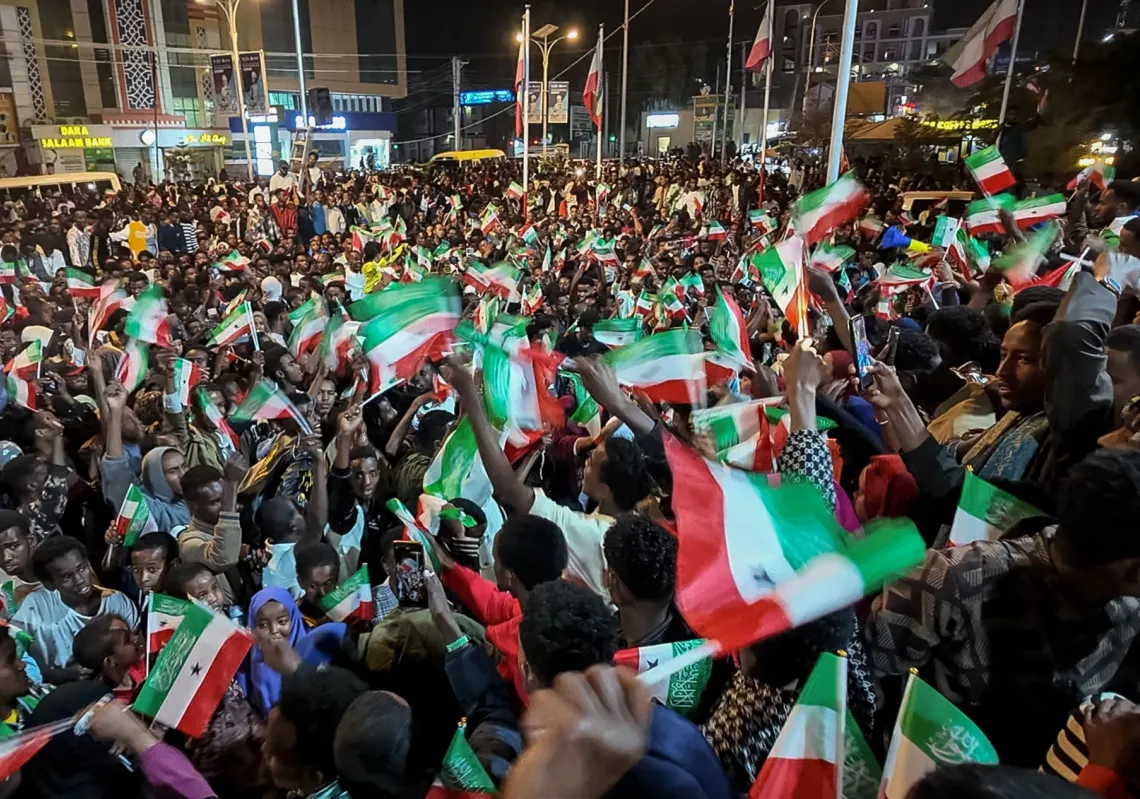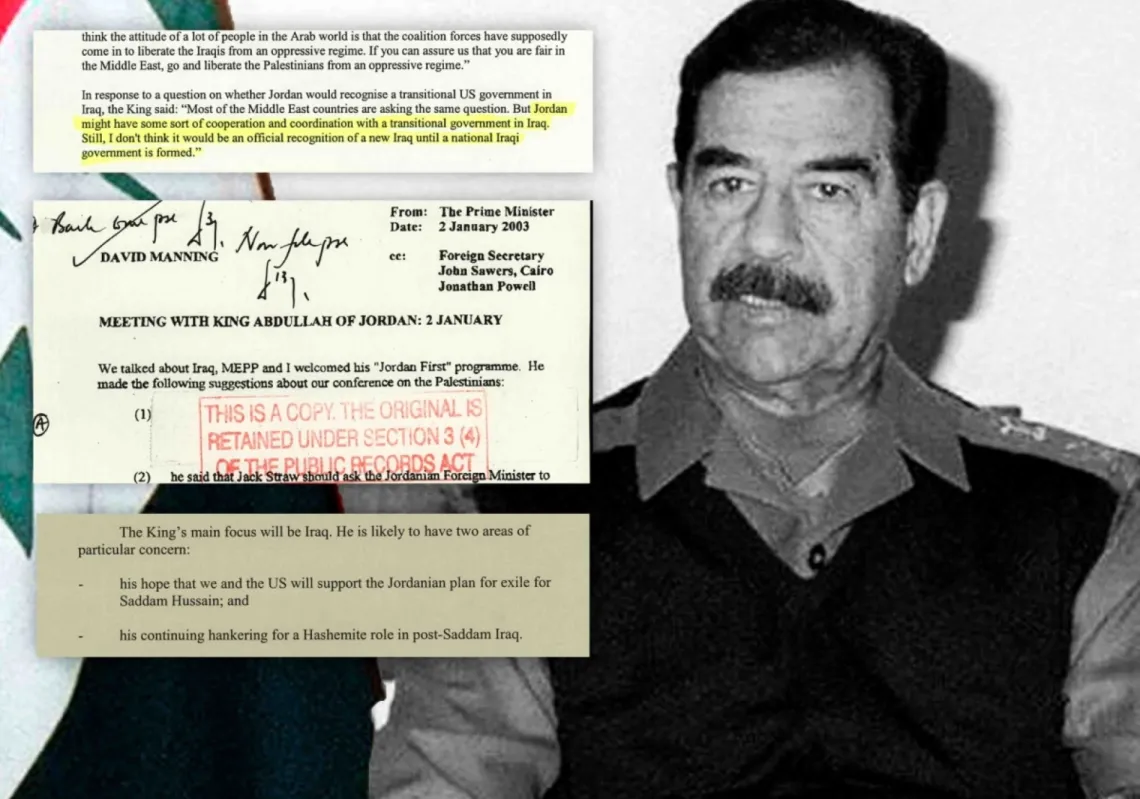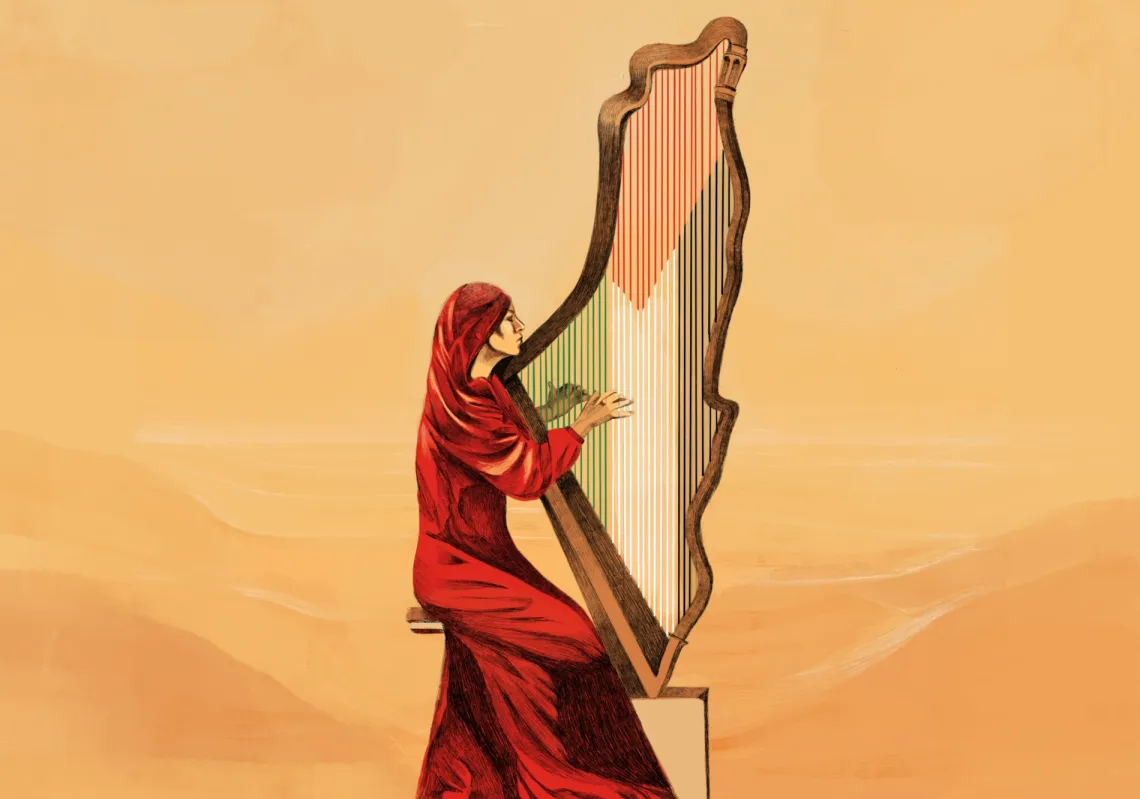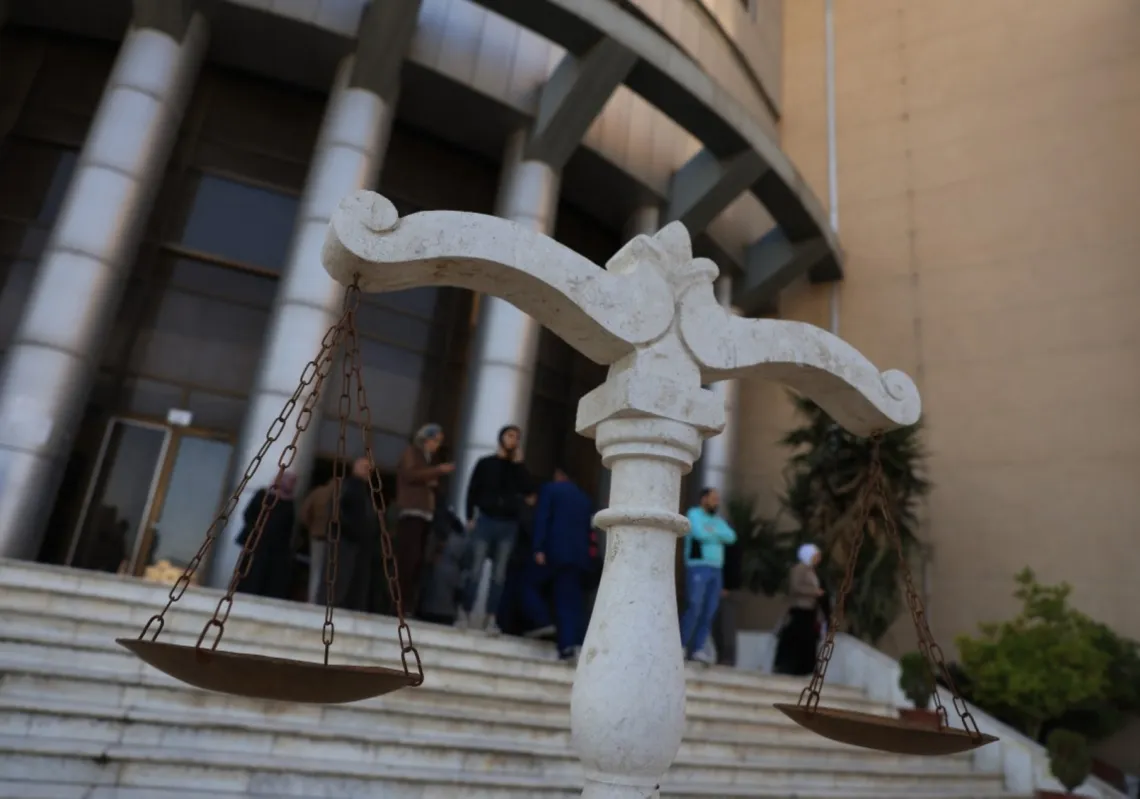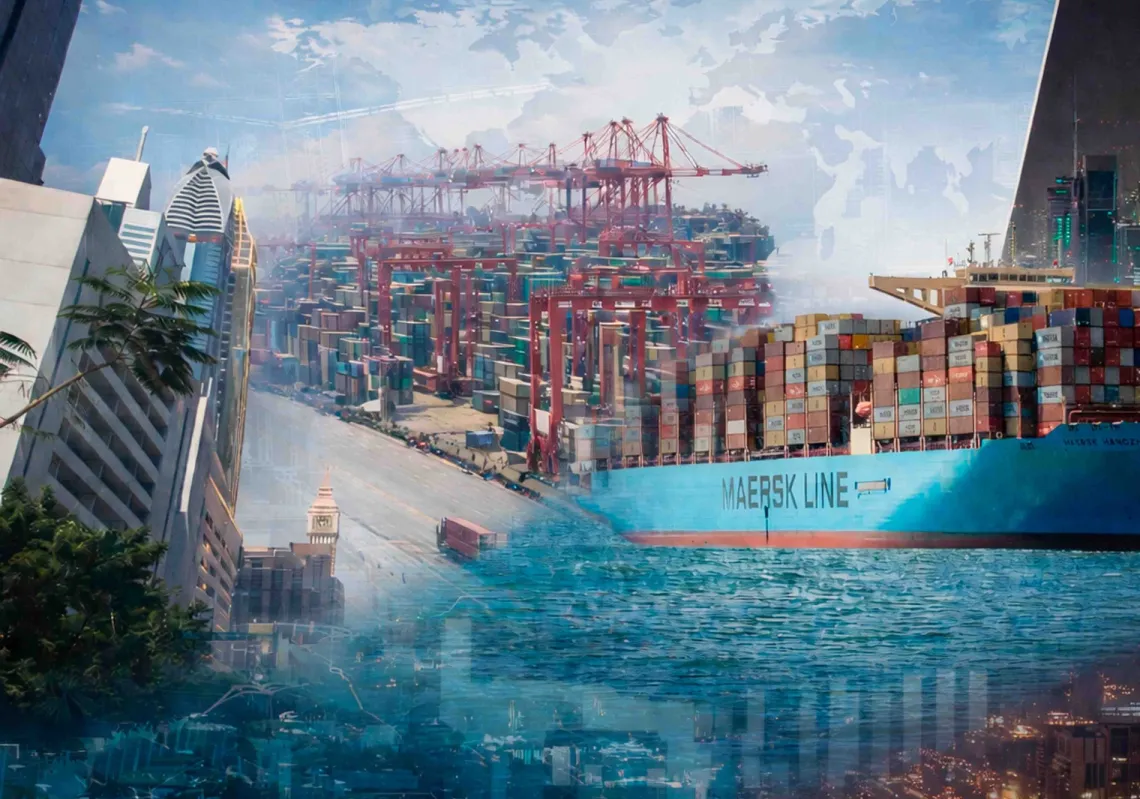In the interest of spreading the general political rhetoric of the Hizboullah among the largest possible number of Lebanese and Arabs, Hassan Nasrallah, the Secretary General of Hizboullah, personally delivered the party's political document, which was approved during the last General Conference of the party, on November 30, 2009. The document included the intellectual and political framework which defines the party's vision regarding the international, Arab, and Lebanese status quo, in a political stage that was described by the party as "exceptional and filled with dramatic changes". Hezbollah's political document has identified two current contradictory paths: "The path of escalating resistance, which is based on military victories and political successes, and the path of American- Israeli authoritarianism and arrogance, with its various dimensions, alliances and extensions". According to the party the later path is suffering from military defeats and political failures (p.3). Thus, Hizboullah's political document shows a surprising emergence of a Marxist analysis, rather then a religious one, of the conflict with the United States as a baseline from which the conflict with Israel is derived.
The document deserves credit - according to some experts – for reflecting the participation of Hizboullah in the internal political life like any other party or political force. This changes the image the party has been trying to draw of itself in the last 25 years. At that time the party delivered a document on February 16, 1985. It was addressed to "the oppressed in Lebanon and the world". In that document the party declared that they were the sons of Hizboullah's nation (the sons of God's party), whom god has led their vanguard to victory in the battlefront of Iran, and that they were under the wise command of the guardian jurist.
But there are some who say that "The document is no more than a summary and a "theoretical" proof of the practices of Hezbollah and its positions since 2006", which were revealed in the Doha agreement (2008). But some go even further, and wonder whether the nature of "Hizboullah", its connections, and the functions of its military wing allow it to become a normal "Lebanese" party that operates according to the guidelines and frameworks of the political and constitutional process in Lebanon. They argue that this might be particularly difficult since the party has maintained a bilateral existence over a long period of time. It remained in authority, while at the same time it kept its independence - in terms of its military, security, financial and institutional decision - outside the framework of the State. Such independence makes it difficult for the party to "re-position" itself within the state limits. At this point we must ask ourselves: Is it in the interest of Hizboullah to become a Lebanese party? And what if there was a "conflict of interests" between Lebanese and regional considerations? Does the party's status allow it to solely make decisions concerning strategies relevant to the course of the conflict and the interests of Lebanon without being influenced by Iran and Syria?
The second part of Hizboullah's document, which concerns Lebanon, represents the essence of the party's rhetoric. In the first section of this part the party emphasizes its Lebanese affiliations. Hizboullah calls Lebanon "our country and the country of our fathers and ancestors". It wants the Lebanese "people, state, and institutions" to become united. It rejects "any form of partition or federalization". It wants Lebanon to become "a free, sovereign, independent, strong, generous, impregnable, and powerful country". It wants it to be an important element in the region's power equations. But, on the other hand, Hizboullah puts conditions for the rise and continuity of such a nation. These conditions can be summarized as follows: "The existence of a just, able and strong state and, the existence of a political system that truly represents the people's will and their aspirations for justice, freedom, security and stability" (p.12). However, these conditions imply that such imaginary country does not exist. They imply that the Lebanese people - despite their long political, social and partiality experience, which extends for more than sixty years - were delusional to assume that what they had was a real country, with real institutions, and political, constitutional, judicial and administrative practices.
When we contemplate the document of Hizboullah we find two basic components: 1) Lebanon's two major pillars, represented in society (with its pluralistic nature) and the State (with its constitutional and legal nature), 2) The resistance as an experience which the party wants to spread and support. But the continuous Lebanese disagreement on the two issues of sovereignty-independence, and resistance-liberation, is constant with the nature of the Lebanese formula and its necessities, as it is consistent with the circumstances of the creation and evolution of Lebanon. The state of Lebanon was established before the emergence of the State of Israel. It was based on a national constitution that recognizes the right of the sectarian groups that constitute the Lebanese entity. This constitution was based on two fundamental principles: the participation of all groups in the administration of the state while keeping a balance between the percentage of Muslims and Christians; and the right of each group to express their cultural specificity, provided that they remain committed to the political unity of Lebanon and the independence of the Republic.
Hezbollah's view regarding the role and function of the resistance seems to have made the party's involvement in the political process, and its acceptance of the results and requirements of the political process, conditional on the establishment of a "fair and strong" state. But if such a thing happened, which is unlikely, it will require is to look in a new issue related to "Hezbollah" being the sole representative of "the resistance". Despite the fact that such representation was a major advantage for Hezbollah during stage of fighting and resisting the Israeli occupation, it has become an obstacle in the face of the party's adjustment, especially after the absence of the reasons for continuing the resistance.
The question is not whether or not that Hezbollah should switch to Lebanonization. Instead, a more useful question is whether or not it is "possible" for the party to make such a transformation. Of course we are talking here about a voluntary or semi-voluntary transformation and not a forced one. And by "voluntary" we do not mean that such a transformation is an act of will or that it is the best option, but rather that it is the most realistic approach for doing such a transformation. Anyway, it seems that the party had decided to proceed with this process despite having ambiguous goals and targets.
Ahmed Al Zoghbi – Lebanese Journalist


